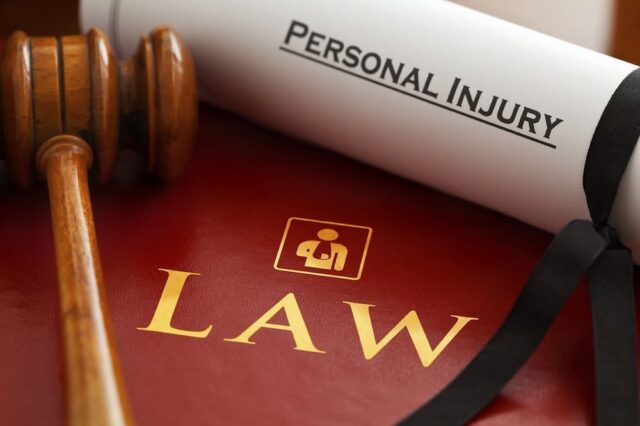An offshore injury refers to accidents or injuries that occur in maritime settings, typically beyond the shoreline or in offshore locations. This can involve various types of vessels, platforms, or structures in open waters. If you or a loved one has sustained a maritime injury of any kind, please don’t hesitate to contact a Snohomish County offshore injury lawyer from Amy C Brown Law, PLLC today to schedule your free initial consultation.
Offshore Injury Lawyer | Representing Injured Workers in Washington State
Maritime injuries can have long-term, sometimes permanent consequences. That said, if you’ve been injured on the job, you can depend on a dedicated Snohomish County maritime injury lawyer from our legal team to fight for the full and fair compensation to which you are entitled. Amy C Brown Law, PLLC sees you as more than just another client; you’re a person with a family and future to look forward to. Speak with us today so we can get started working on your case.
Offshore Workers We Represent
Various maritime employees engaged in offshore activities may sustain serious injuries, including the following:
- Oil Rig Workers: Employees working on offshore drilling rigs.
- Commercial Fishermen: Those involved in deep-sea fishing operations.
- Ship Crew Members: Including deckhands, engineers, and officers.
- Offshore Construction Workers: Involved in building and maintaining structures at sea.
- Divers and Underwater Welders: Engaged in underwater activities.
- Platform Workers: On oil platforms, gas platforms, or wind energy platforms.
- Maritime Pilots: Guiding ships in and out of ports.
- Seamen and Sailors: Engaged in various maritime duties.
- Cruise Ship Employees: Workers on cruise liners or passenger vessels.
- Tugboat Crew: Involved in towing and assisting ships.
Types of Offshore Injuries
Unfortunately, maritime work is, at times, inherently dangerous, and offshore injuries can encompass a variety of incidents, including the following:
- Slip and Falls: Uneven surfaces, slippery decks, or oil spills can lead to slip and fall accidents, causing injuries ranging from sprains to fractures.
- Equipment Failures: Malfunctions or defects in maritime equipment, such as winches, cranes, or machinery, can result in serious injuries or fatalities.
- Fires and Explosions: Offshore platforms are at risk of fires and explosions, often due to the presence of flammable materials, posing severe dangers to workers.
- Chemical Exposures: Maritime employees may face exposure to hazardous chemicals, leading to injuries, respiratory issues, or long-term health complications.
- Drowning and Water Injuries: Accidents like falls overboard, collisions, or failure of life-saving equipment can result in drowning or water-related injuries.
- Lifting and Handling Injuries: Heavy lifting, repetitive motions, or improper techniques can cause musculoskeletal injuries, including strains and sprains.
- Collisions at Sea: Ships, vessels, or platforms colliding with each other can cause significant injuries to crew members and damage to property.
- Crush Injuries: Pinching, crushing, or caught-between incidents can occur during maintenance, equipment operation, or while handling cargo.
- Occupational Diseases: Prolonged exposure to environmental factors like noise, vibrations, or toxic substances can result in occupational diseases affecting the long-term health of workers.
Qualifying for Compensation
After sustaining an offshore injury, there are several laws through which you may qualify for compensation (depending on the specifics of your case). Some examples of potentially applicable laws are as follows:
- Jones Act (Merchant Marine Act of 1920): Grants seamen the right to sue their employers for negligence.
- Longshore and Harbor Workers’ Compensation Act (LHWCA): Provides compensation for maritime workers not covered by the Jones Act.
- Outer Continental Shelf Lands Act (OCSLA): Extends coverage to workers on offshore drilling and exploration platforms.
- Death on the High Seas Act (DOHSA): Allows compensation for families of maritime workers who die offshore.
- General Maritime Law: Applies principles of negligence, unseaworthiness, and maintenance and cure.
Contact a Washington State Offshore Injury Lawyer Today
Don’t face an offshore injury, or any other type of maritime injury on your own. Contact a skilled and dedicated Washington State offshore injury lawyer from Amy C Brown Law, PLLC for guidance. Our consultations are free, so you have nothing to lose by simply reaching out.

